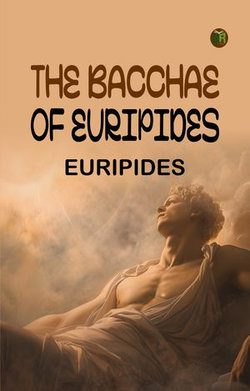The plot follows Dionysus as he arrives in disguise to lead a group of his followers, the Bacchae or Maenads, in ecstatic rites. Pentheus, proud and dismissive, is determined to suppress Dionysus and refuses to acknowledge him as a god. Dionysus, angered by Pentheus's hubris, uses his divine powers to manipulate and humiliate him, ultimately luring Pentheus into a fatal encounter with the frenzied Maenads, including his own mother, Agave. In a tragic and violent climax, Agave, under Dionysus’s spell, kills her son without realizing his identity, a horrific act that fulfills the god’s revenge and underscores the theme of divine retribution."The Bacchae" is a complex exploration of the balance between reason and irrationality, order and chaos, and humanity’s need to acknowledge and respect forces beyond its control. Euripides presents Dionysus as both charismatic and fearsome, embodying the duality of liberation and destruction. Through this play, Euripides examines the consequences of ignoring the primal and instinctual parts of human nature and critiques the dangers of unchecked authority and rigid rationalism. With its intense emotional impact and timeless themes, "The Bacchae" remains one of the most studied and celebrated tragedies in classical literature.



Share This eBook: